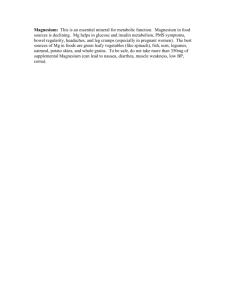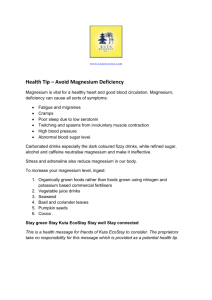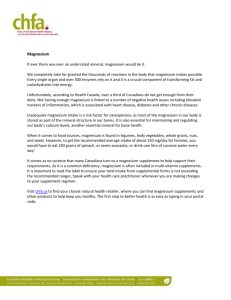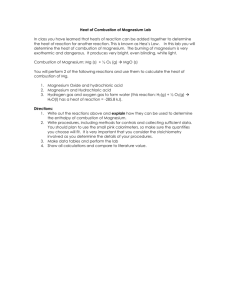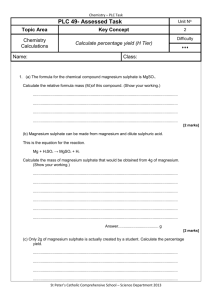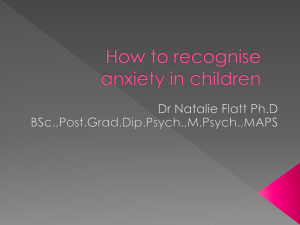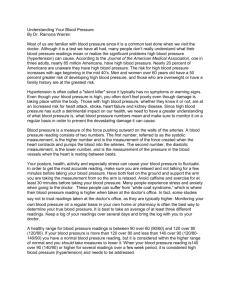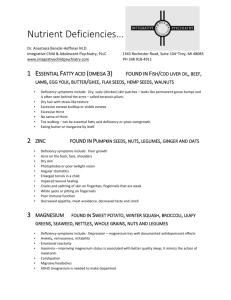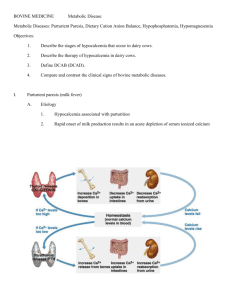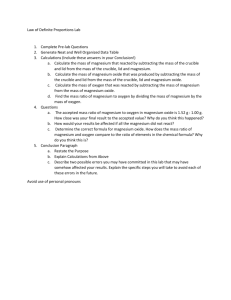File - Grace Counseling Center
advertisement
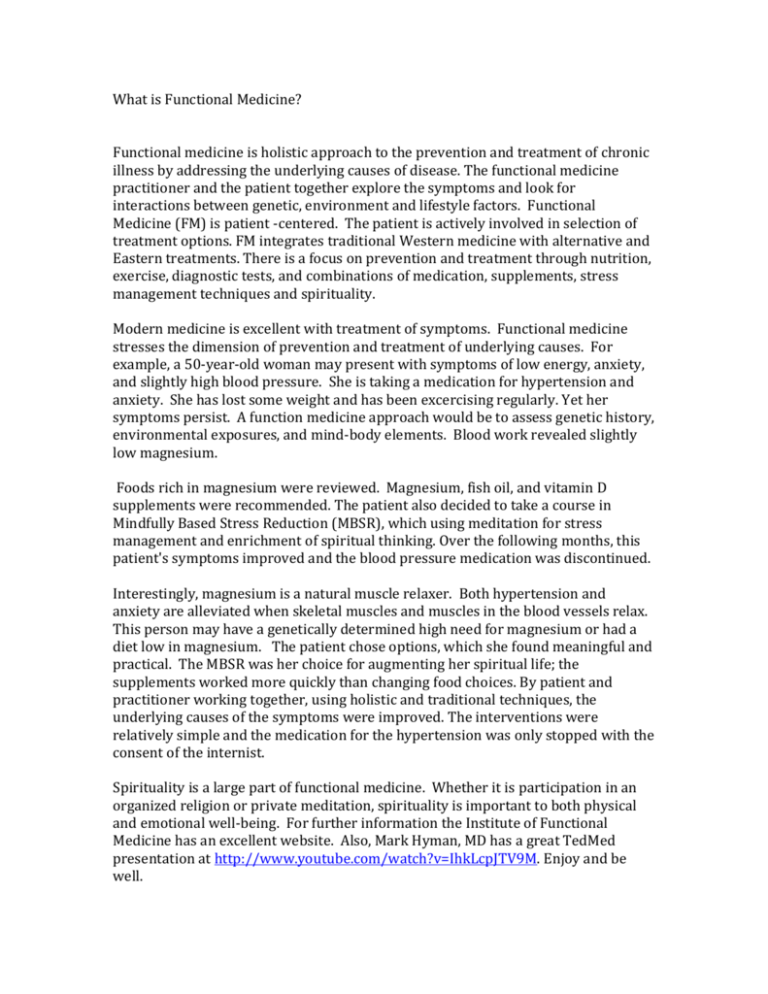
What is Functional Medicine? Functional medicine is holistic approach to the prevention and treatment of chronic illness by addressing the underlying causes of disease. The functional medicine practitioner and the patient together explore the symptoms and look for interactions between genetic, environment and lifestyle factors. Functional Medicine (FM) is patient -centered. The patient is actively involved in selection of treatment options. FM integrates traditional Western medicine with alternative and Eastern treatments. There is a focus on prevention and treatment through nutrition, exercise, diagnostic tests, and combinations of medication, supplements, stress management techniques and spirituality. Modern medicine is excellent with treatment of symptoms. Functional medicine stresses the dimension of prevention and treatment of underlying causes. For example, a 50-year-old woman may present with symptoms of low energy, anxiety, and slightly high blood pressure. She is taking a medication for hypertension and anxiety. She has lost some weight and has been excercising regularly. Yet her symptoms persist. A function medicine approach would be to assess genetic history, environmental exposures, and mind-body elements. Blood work revealed slightly low magnesium. Foods rich in magnesium were reviewed. Magnesium, fish oil, and vitamin D supplements were recommended. The patient also decided to take a course in Mindfully Based Stress Reduction (MBSR), which using meditation for stress management and enrichment of spiritual thinking. Over the following months, this patient's symptoms improved and the blood pressure medication was discontinued. Interestingly, magnesium is a natural muscle relaxer. Both hypertension and anxiety are alleviated when skeletal muscles and muscles in the blood vessels relax. This person may have a genetically determined high need for magnesium or had a diet low in magnesium. The patient chose options, which she found meaningful and practical. The MBSR was her choice for augmenting her spiritual life; the supplements worked more quickly than changing food choices. By patient and practitioner working together, using holistic and traditional techniques, the underlying causes of the symptoms were improved. The interventions were relatively simple and the medication for the hypertension was only stopped with the consent of the internist. Spirituality is a large part of functional medicine. Whether it is participation in an organized religion or private meditation, spirituality is important to both physical and emotional well-being. For further information the Institute of Functional Medicine has an excellent website. Also, Mark Hyman, MD has a great TedMed presentation at http://www.youtube.com/watch?v=IhkLcpJTV9M. Enjoy and be well. Gabrielle Marshall-Salomon, M.D. Grace Counseling Center
